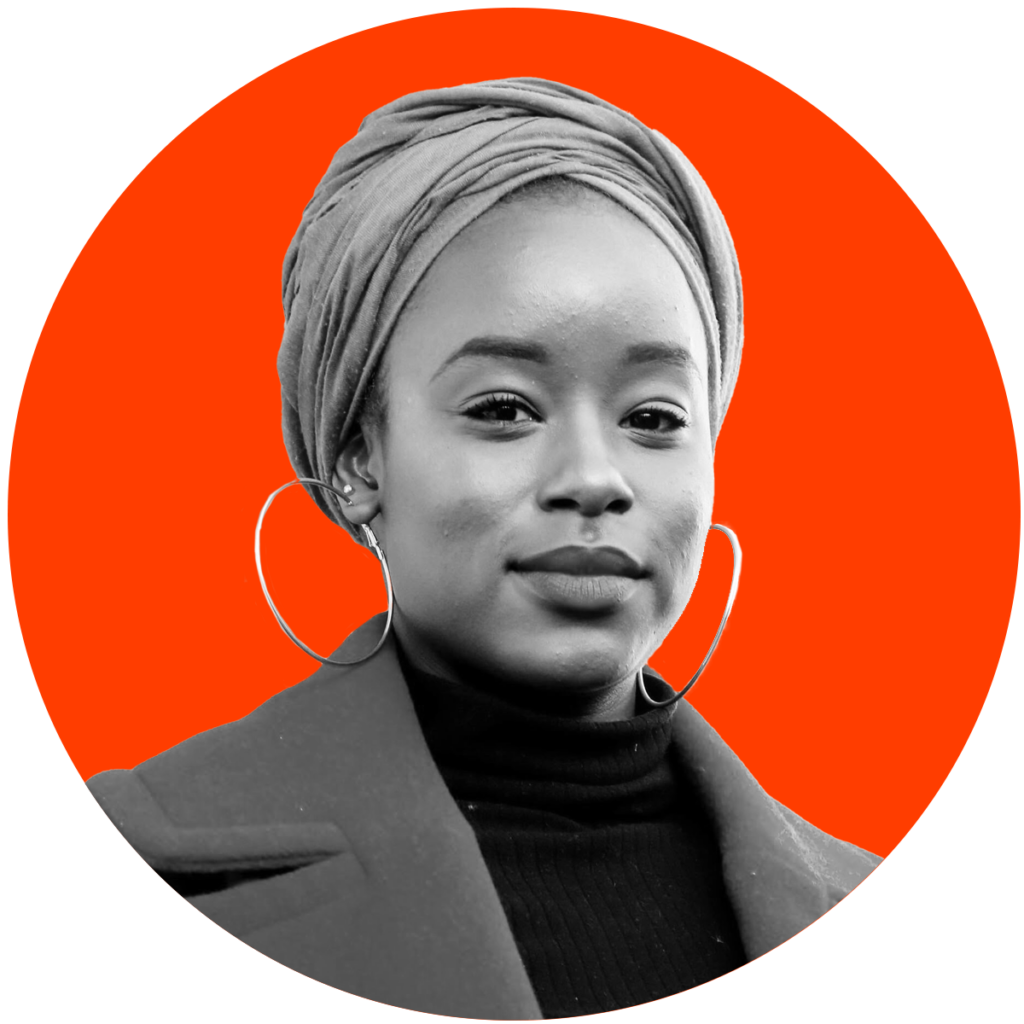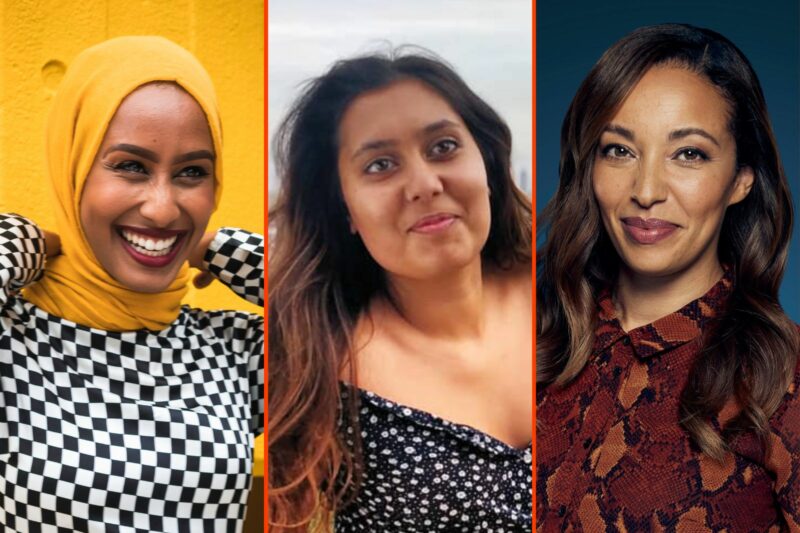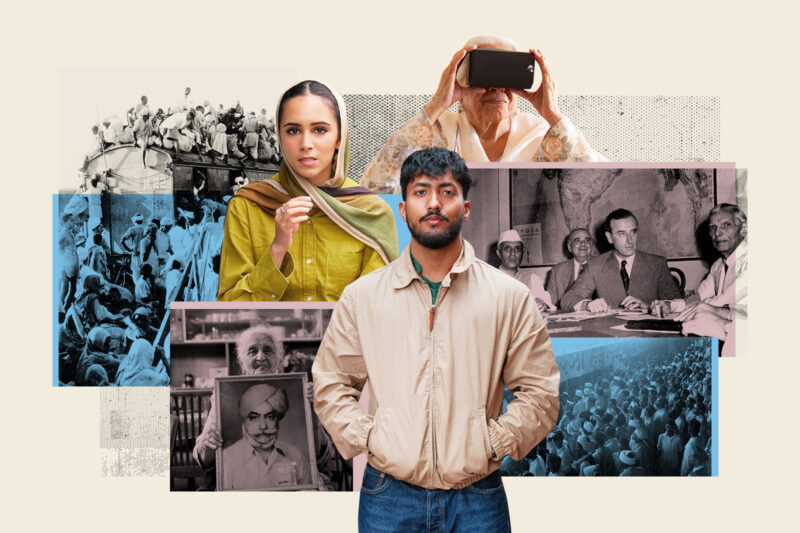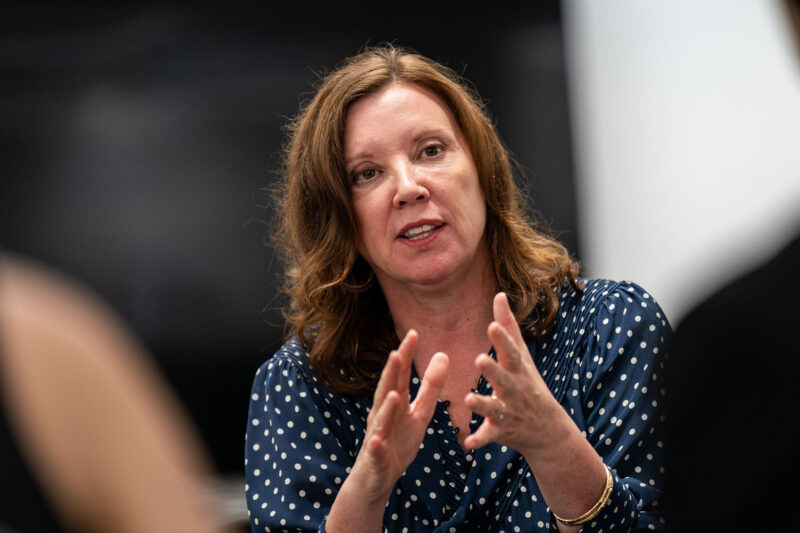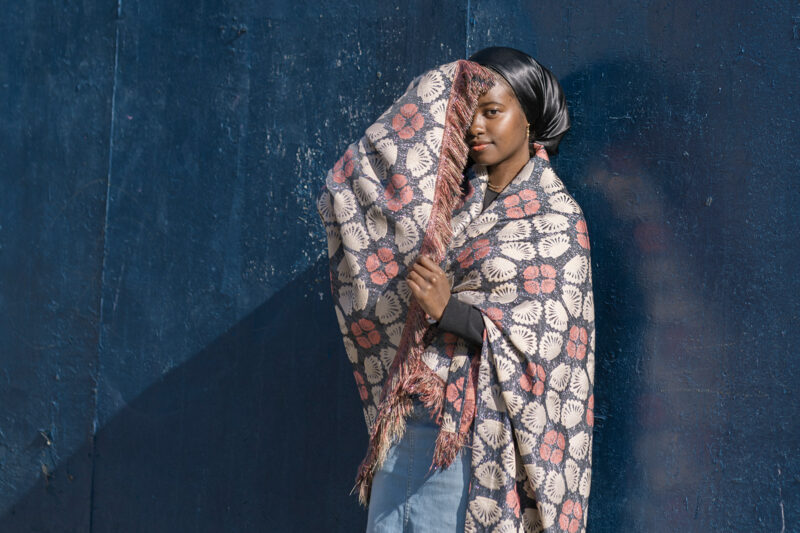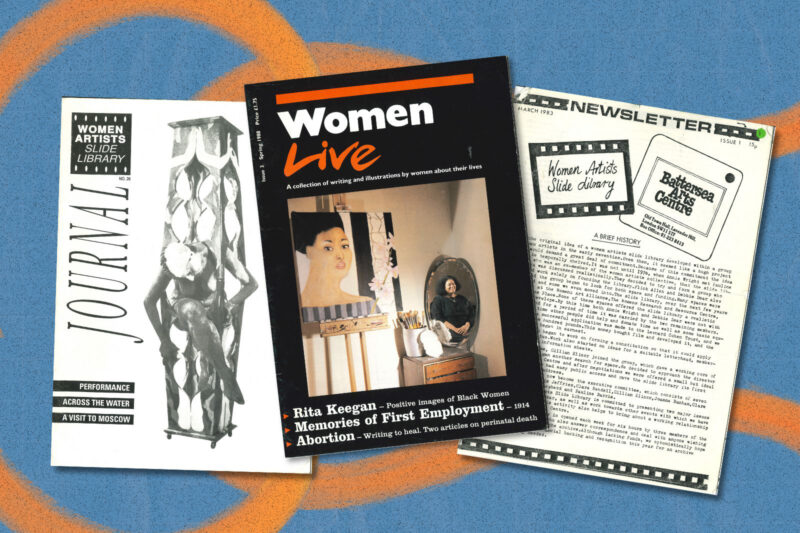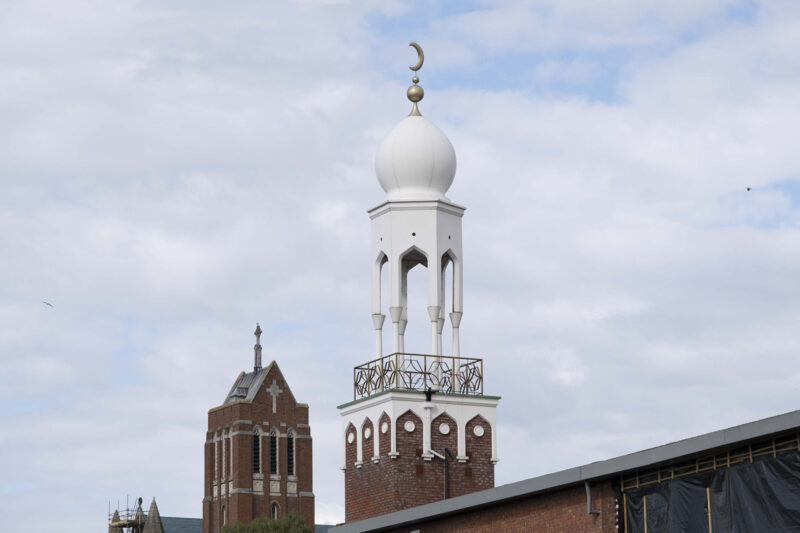From Swahili to Yoruba, African communities in the UK are keeping their languages alive
With the help of cultural groups, apps and dedicated YouTube channels, a growing number of people are learning the mother tongues of their families
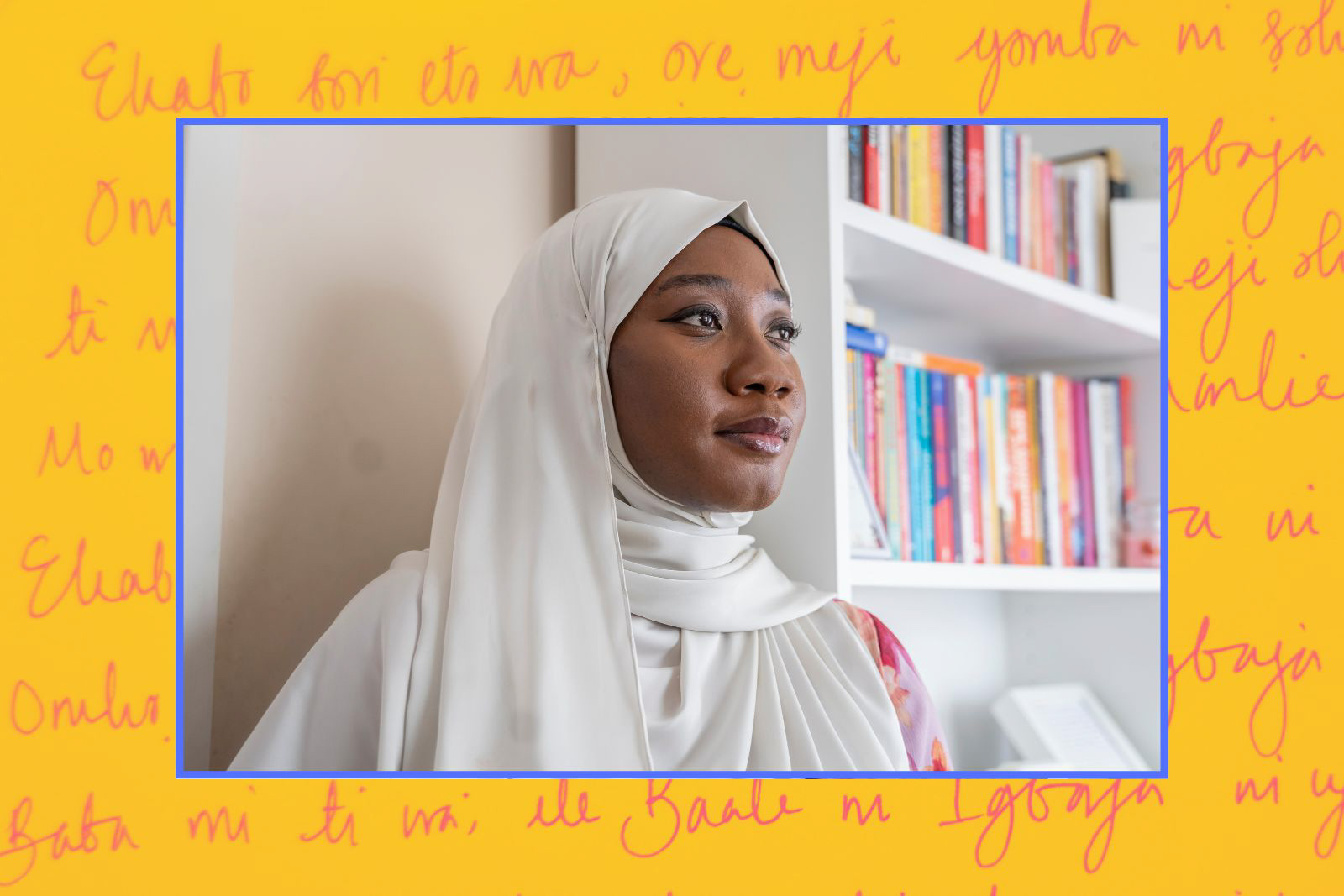
Suad Kamardeen moved from Lagos, Nigeria, to London with her family when she was 14. While settling into her new life, she missed many things about her homeland, particularly her native language of Yoruba.
“When we moved to the UK, I spent a lot of time watching Yoruba films,” she says. “Not only did they help me connect to the culture that I missed, they exposed me to the language again.”
Growing up in Nigeria, Kamardeen’s family communicated in English. Her parents, however, spoke to each other in Yoruba. At boarding school in Akure in the south-west of the country, which she attended between the ages of eight and 14, English was the main language and speaking in Yoruba or any other vernacular was a punishable offence.
“If you didn’t speak what was deemed proper English, then you were kind of seen as lower-class,” says Kamardeen, now 28.
Moving to the UK has, however, given Kamardeen’s parents a new awareness of how important it is to preserve their language. Her father is now an active member of a community organisation of Yoruba speakers. The London-based group is made up of more than 100 people and focuses on ensuring that future generations are in touch with their culture.
Now, Kamardeen’s parents speak much more Yoruba to their children at home. They also encourage Kamardeen and her siblings to get more involved in the group’s activities and cultural events.
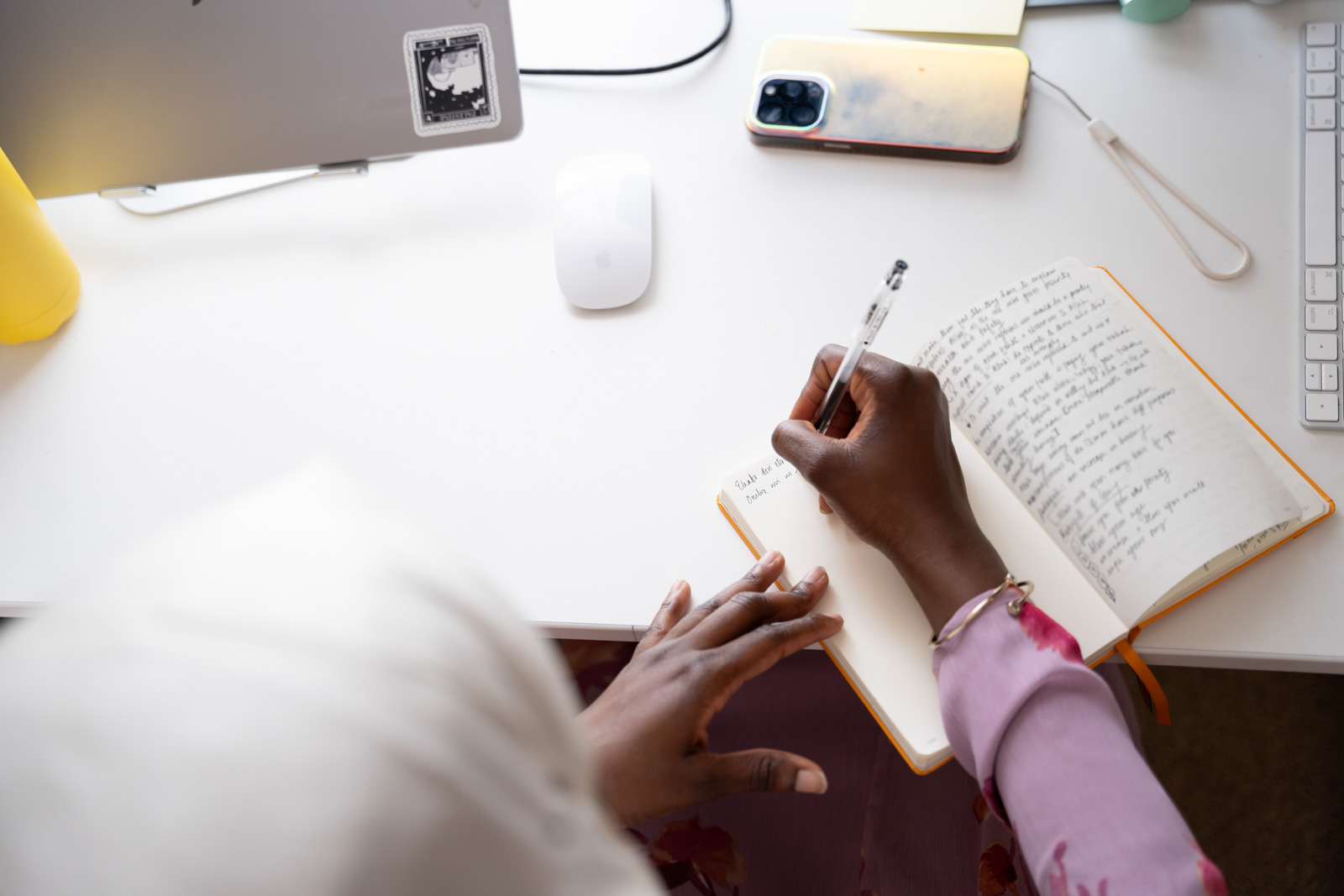
Within the UK Muslim community, language preservation is a widespread concern. The more established a particular diaspora group is and the more generations it has, the further away younger people tend to get from their cultural heritage. That pattern often includes losing the ability to speak the mother tongue of parents and grandparents.
The topic of language preservation sits at the heart of the recent BBC documentary The Bradford Aunties, about a group of South Asian women from West Yorkshire trying to connect younger generations with their culture and traditions. The use of languages such as Urdu and Punjabi was shown to be a vital bridge between generations. The same principle also applies to African Muslim communities in the UK.
“Every family gathering, the aunties discuss how the youth don’t speak enough Yoruba, but when we try, they make fun of us,” says Kamardeen, who is one of the almost 400,000 African Muslims living in England and Wales.
Nigeria is one of the most linguistically diverse places in the world, with 520 languages spoken across the country. While English is the official language, Hausa, Yoruba and Igbo are national languages. In the UK alone, there are almost 10,000 Yoruba speakers, according to the 2021 census, but that figure represents a significant downturn from almost 15,000 in 2011.
Kamardeen was inspired to improve her Yoruba during her first year of university in Birmingham, when she spent nine months living with a family friend who spoke to her children and Kamardeen only in that language.
“My mum would even comment that since I made the move I was speaking better Yoruba,” says Kamardeen.
In 2023, she started a YouTube channel with her friend Olamide, on which they have conversations in Yoruba, addressing topics from motherhood to love and relationships. The channel offers a way for them to speak more regularly in a relaxed, pressure-free environment and to help others to learn.
“We wanted to make the experience of learning the language fun for ourselves. We also wanted to encourage other people like us to not feel ashamed and to create a space where we could be comfortable making mistakes,” she says.
“If we haven’t posted in a while, I’ve received messages from people in my community asking me when the next video is coming out. Some of the aunties at my mosque have said I should tell the younger kids about the channel. Just recently, I went to a cousin’s wedding in Ireland and someone recognised me from my videos,” says Kamardeen.
Kent-based entrepreneur Gbemisola Isimi is the founder of CultureTree, an organisation that teaches children of African heritage their mother tongues. For now, it is focusing on Yoruba, but there are plans to expand the initiative to encompass Igbo, Hausa and Twi, which is spoken in Ghana.
Through CultureTree, children can attend weekly language classes, workshops, an annual Yoruba summer camp at the Tate Modern in London, and watch the organisation’s own Yoruba cartoons online.
Isimi has strong opinions as to why some Yoruba-speaking parents in the UK are not promoting the use of the language at home.
“It’s the result of colonialism and this idea among our parents’ generation that English is superior,” she says. “Many parents I work with blame their own parents for not speaking Yoruba to them while growing up, but they were advised not to. They were made to believe that exposing their child to two languages would confuse them, or make them speak later, or speak with an accent.”
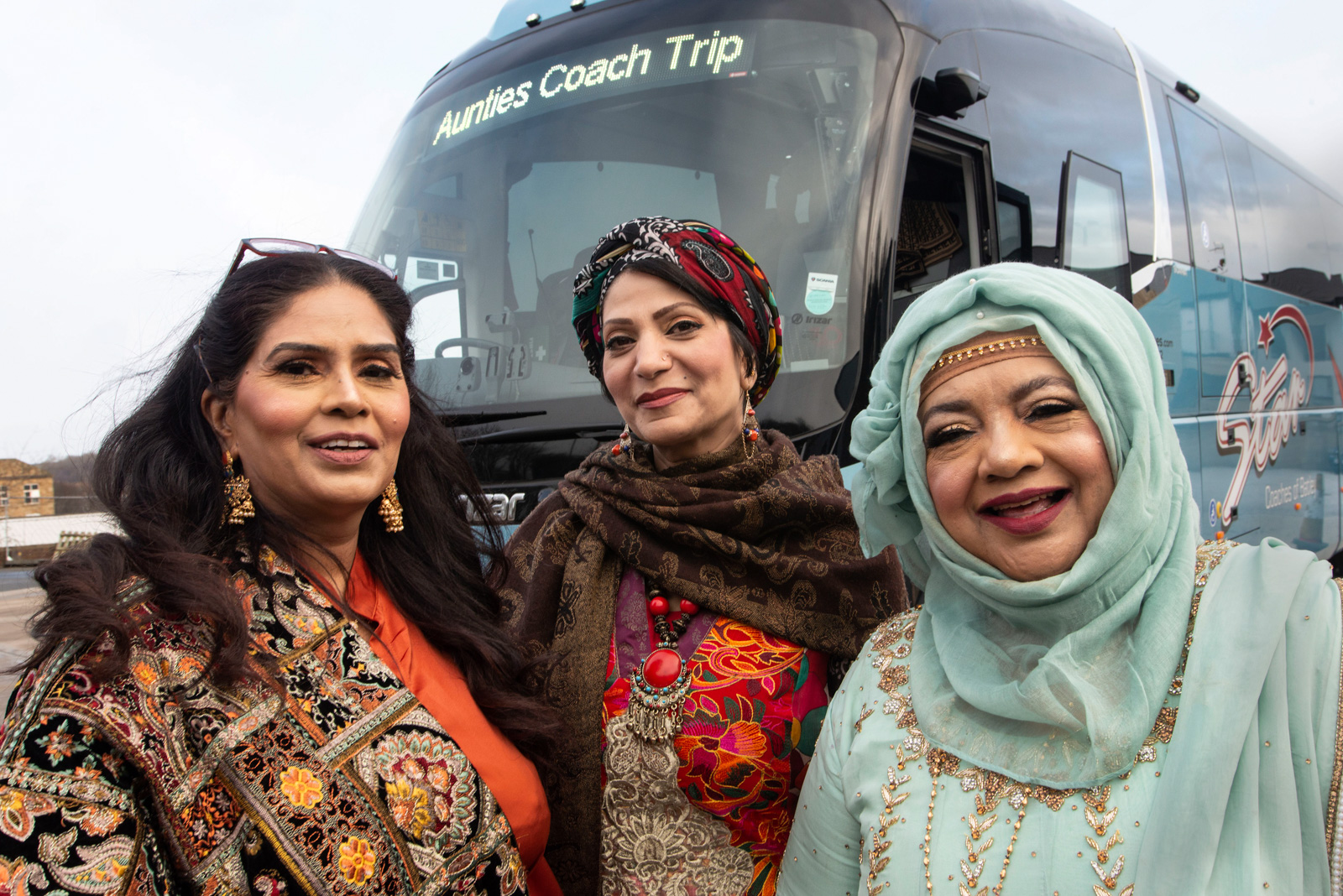
Leicester-based Assiah Hamed, 27, also grew up listening to her parents communicate in one language, but speaking another to them. Her parents are from Kenya and speak Swahili, but she was born in Leicester, grew up in Abu Dhabi and moved back to the UK in 2014 to complete her education.
Hamed spoke English at the international school she attended in Abu Dhabi and at home. She also learnt Arabic along the way and remains fluent. While she can understand Swahili, her lack of conversational ability has been met with ridicule by some older family members.
Over the years, Hamed has wanted to improve her Swahili. Using Duolingo every day for a year helped a little, but the app could support her journey only so far, as it offers a dialect different from the one her family speaks.
“Speaking in Swahili is challenging for me and it’s made me feel like maybe I shouldn’t even call myself Swahili,” says Hamed. “But it’s something I want to change, especially as I get older. I want to remove that shame I’ve been feeling and have that sense of belonging to my culture and roots. I’m proud to call myself Kenyan — it’s whether my culture should be proud of me.”
That sense of pride and identity is something Halimah Yusuf-Hassan, 33, is trying to give to her family. The mother of three, from Grantham, Lincolnshire, has been teaching Igala, the language of her home in Kogi state, Nigeria, to her children aged nine, seven and two.
“I feel like I’m even more Nigerian than I was before because I have to represent where I come from for my children,” she says.
Yusuf-Hassan moved to the UK in 2014 after marrying a Nigerian man who was already living in the country. She had grown up speaking English, but could also communicate in Igala. In the period leading up to her wedding, she began thinking about how she would pass on the language to her future children.
When she had her first daughter, she spoke to her in Igala, but when her son was born she found it harder and English took over. When her third child came along, she felt a deep need to ensure that all her children were able to speak and understand Igala.
“When my youngest daughter was born, I told my older two children that the baby couldn’t understand English so they should speak to her only in Igala,” she says. “It worked for a while, but they soon caught on to the lie.”
Yusuf-Hassan has instituted dedicated Igala Sundays in their household, one day a week when she and the children communicate only in that language. Now, Igala is the primary language of her youngest child. While the elder two speak English most of the time, they are still keen to learn, often calling their grandmother in Nigeria to help translate words for them.
Now, Yusuf-Hassan plans to take her children to Nigeria to spend an extended period in her family’s village. There, she hopes that her children will use Igala daily, especially with older family members, and return home with a lifelong relationship with the language.
“At the moment, there are a few people in my family who my children can’t really communicate with, but there’s so much to learn from them by just talking,” she says.
 Newsletter
Newsletter

